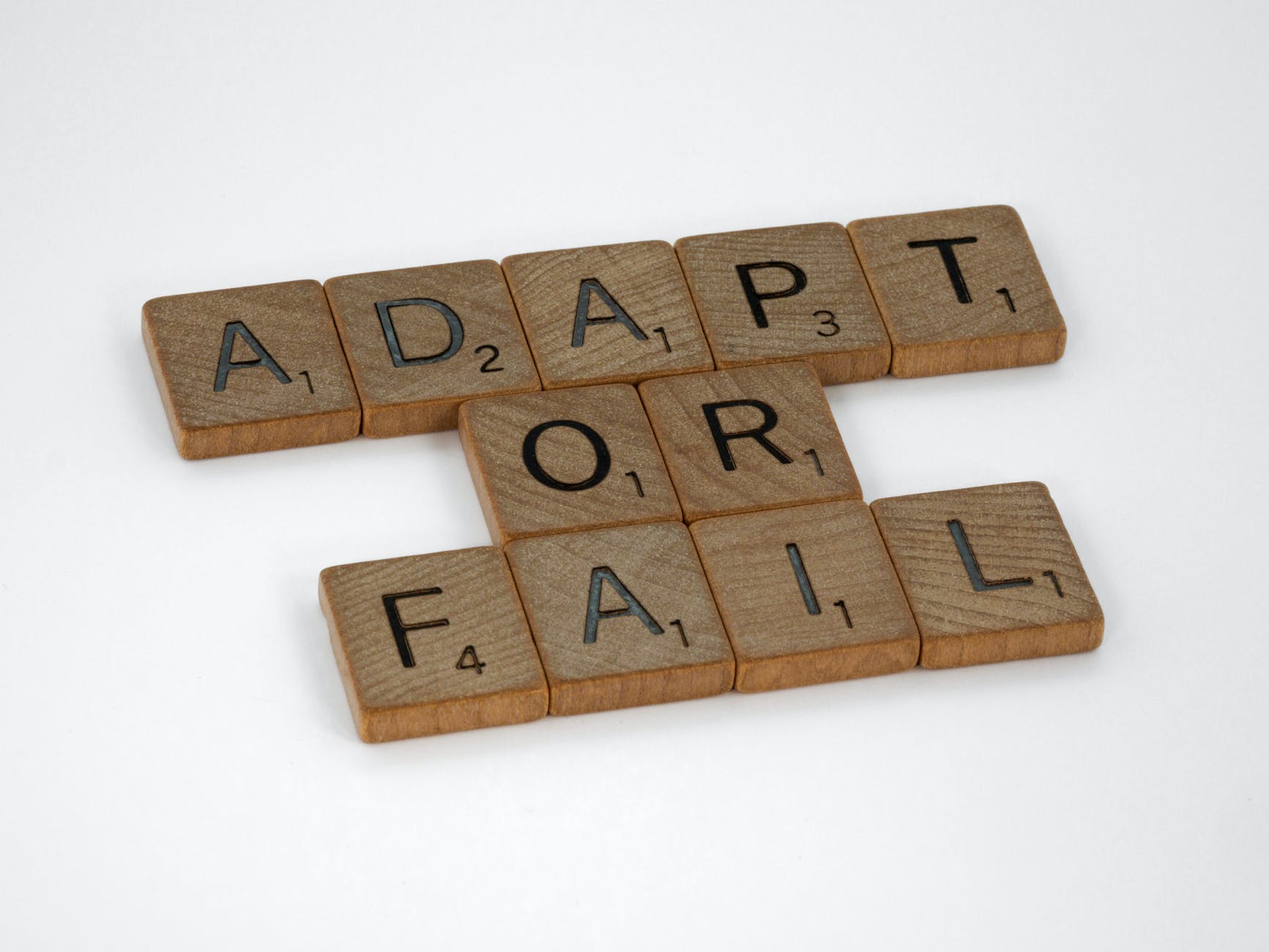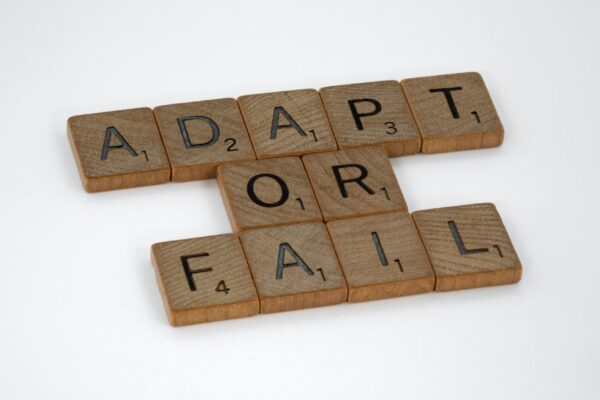
The video below and the accompanying story grabbed my attention recently. There’s been a lot of talk about crime and disorder in many urban areas since the beginning of the pandemic. I haven’t known what to make of it because much of the discussion is very politicized. However, it’s become clearer that, while people may disagree about the scale of the problem, there are real problems. It’s also clear that substance use, mental illness, and the pandemic’s disruptions of community life all play important roles.
In my experience, it’s become common to hear the needs of people in recovery or people seeking recovery pitted against the needs of people who use drugs. Having dedicated my career to helping people with addiction achieve full, stable recovery, I don’t want to see their needs subordinated to anyone. In many discussions, even in purported recovery discussions, the needs of people in recovery or seeking recovery are often framed as problematic for people who use drugs. (That the needs of the same person’s past, present, and future selves don’t always align is a topic for another post.)
This video grabbed my attention because Matt Dorsey seems to be very seriously considering the needs of people in/seeking recovery, people who use drugs, and the rest of the community. While many give lip service to the needs of all those groups, few communicate the balance and seek the synthesis I hear in these comments.
The San Francisco Gate summarized the San Francisco Recovers agenda as follows:
The “Right to Recovery” program would expand housing resources for those recovering from addiction, and encourage law enforcement to arrest drug dealers and confiscate illegal drugs being used outside of treatment facilities and safe consumption sites.
The “Sober New Deal” would provide more education and career-based resources for those in recovery, including job training, a student loan program and food and health assistance.
San Francisco Recovers also takes on five recommendations from the city’s 2021 Street-Level Drug Dealing Task Force, including implementing supervised consumption sites.
City Officials Introduce “San Francisco Recovers” Strategy To Intervene Street Drug Market. (2022, September 7). SFGATE.
This is important for all sorts of obvious reasons — the overdose crisis, the impact of SUDs on families, the public health burden, the value in the lives of people who use drugs, the assets that people in recovery become, the opportunities that opioid settlements provide, etc. However, I believe one underappreciated reason all of this is important is that the overdose crisis and shifts in public attitudes have opened a window of opportunity that will not remain open forever.
I’ve been concerned about this for a while but a comment in a recent interview caught my attention. They were discussing Trump’s speech to announce his 2024 campaign.
…I’m going to say something that might sound upsetting. But part of the speech they cut away from, which was the part of the speech that I think had the most political dynamite in it — and it’s awful to say this — but it’s when he talked about, basically, executing drug dealers the way China does.
That was not a policy I advocate at all, but it was the sort of thing that actually propelled Trump in 2015 and 2016, which was picking an issue that is under-discussed in American politics — the fentanyl epidemic — and proposing an absolutely radical solution that is far outside of the political imagination of our ruling class.
The idea of instituting Chinese-style justice in the United States, of course, is hateful. But it’s the sort of thing that I think actually worked for him politically, is that I’m going to highlight to you how much I care about an issue that isn’t being talked about by saying the most outrageous thing imaginable about it.
Michael Brendan Dougherty on The Ezra Klein Show
Apparently, this has been a theme in his speeches for a while.
Given a choice between public order and safety or decriminalization and harm reduction, the public is going to choose public order and safety every time. The overdose crisis changed the context for this decision — destroying the notion that the status quo was providing safety and order for families and communities. The willingness to try new approaches shouldn’t be mistaken for a commitment to these approaches.
I don’t think anyone expects addiction and other drug problems to be solved, but I believe that this window of opportunity will close if advocates, providers, and public officials cannot point to visible and unambiguous improvements in quality of life for communities, families, and individuals. I also believe the public needs to see visible pathways to the kind of recovery that restores individual lives, as well as families and communities, and they need to see policies that help put people on those pathways.
In San Francisco, the public isn’t convinced it’s improving conditions. Rather than defend the existing model, Dorsey is looking to protect new harm reduction services by addressing community concerns and supporting recovery.
